The Intersection of Artificial Intelligence and Patent Law
- January 24, 2023
- By Sarita Thomas
- Read 5 minutes
The intersection of Artificial Intelligence (AI) and Patent Law is becoming increasingly important as AI technology advances. It poses challenges for patentability, infringement, and licensing of AI-related inventions, and will likely have a significant impact on patents, business, and innovators.
The intersection of Artificial Intelligence (AI) and Patent Law is becoming increasingly important as AI technology advances. This intersection poses challenges for patentability, infringement, and licensing of AI-related inventions, and will likely have a significant impact on patents, businesses, and innovators.
Understanding AI and Patent Law
Artificial Intelligence (AI) and Patent Law are two complex and rapidly evolving fields that have a significant impact on the innovation landscape. Understanding AI and Patent Law is crucial for anyone involved in patents, business, and innovation.
AI is a broad term that refers to the development of computer systems that can perform tasks that would typically require human intelligence. This includes tasks such as natural language processing, image recognition, and decision-making. AI has many applications, from self-driving cars to medical diagnosis, and it is expected to have a significant impact on many industries.
Patent law, on the other hand, is a legal framework that provides inventors with a temporary monopoly on their invention, in exchange for disclosing their invention to the public. This allows inventors to protect their innovations and prevent others from copying or profiting from their work without permission. Patent law is a complex field that has many nuances, and it is constantly evolving to keep up with the latest technological advances.
The intersection of AI and Patent Law is becoming increasingly important as AI technology advances. This intersection poses challenges for patentability, infringement, and licensing of AI-related inventions, and will likely have a significant impact on patents, business, and innovators. Understanding AI and Patent Law is crucial for anyone involved in patents, business, and innovation to navigate this complex and rapidly evolving field.
AI and Patentability
The patentability of Artificial Intelligence (AI) related inventions is a complex and evolving issue. Patent law has traditionally been based on the idea that patents should only be granted to human inventors, but with the advancement of AI technology, this is becoming increasingly difficult to define.
One of the challenges in determining patentability for AI-related inventions is the question of who is considered the inventor. In the case of AI-generated inventions, it is not clear whether the inventor is the person who programmed the AI or the AI itself. This raises questions about whether AI can be considered an inventor, and if so, how to attribute ownership of the invention.
Another challenge is the fact that AI-related inventions often involve a significant amount of data and algorithms, which can make it difficult to determine what exactly is being patented. Additionally, AI-related inventions may be based on pre-existing knowledge and prior art, which can make it difficult to determine whether the invention is truly novel and non-obvious.
Despite these challenges, some patent offices have started granting patents for AI-related inventions. For example, the United States Patent and Trademark Office (USPTO) has issued patents for AI-generated inventions, and has guidelines in place for how to determine patentability for AI-related inventions.
The patentability of AI-related inventions is a complex and evolving issue that will likely continue to be a topic of debate and discussion in the legal and technology communities. It is important for anyone involved in AI and patent law to stay informed about the latest developments and guidelines for determining patentability for AI-related inventions.
AI and Infringement
As Artificial Intelligence (AI) technology advances, the issue of infringement in AI-related patents is becoming increasingly complex. The question of how to determine infringement in AI-related patents is a challenging one, as it requires a deep understanding of both AI and patent law.
One of the challenges in determining infringement in AI-related patents is the fact that AI systems often involve a significant amount of data and algorithms, which can make it difficult to determine exactly what is being protected by the patent. Additionally, AI-related patents may be based on pre-existing knowledge and prior art, which can make it difficult to determine whether an infringement has occurred.
Another challenge is the question of who is responsible for infringement in the case of AI-generated inventions. In the case of AI-generated inventions, it is not clear whether the inventor is the person who programmed the AI or the AI itself. This raises questions about whether AI can be held liable for infringement, and if so, how to attribute responsibility.
Despite these challenges, some courts have begun to address infringement in AI-related patents. For example, in one case, a court held that an AI-generated invention was not eligible for a patent because it was not created by a human.
The issue of infringement in AI-related patents is a complex and evolving one that will likely continue to be a topic of debate and discussion in the legal and technology communities. It is important for anyone involved in AI and patent law to stay informed about the latest developments and guidelines for determining infringement in AI-related patents.
AI and Licensing
The licensing of Artificial Intelligence (AI) related patents is a complex and evolving issue, with many challenges and opportunities. As AI technology advances, the licensing of AI-related patents will likely become increasingly important for anyone involved in patents, business, and innovation.
One of the challenges in licensing AI-related patents is the question of who is considered the inventor. In the case of AI-generated inventions, it is not clear whether the inventor is the person who programmed the AI or the AI itself. This raises questions about who should be entitled to license the patent and how to attribute ownership of the invention.
Another challenge is the fact that AI-related patents often involve a significant amount of data and algorithms, which can make it difficult to determine exactly what is being licensed. Additionally, AI-related patents may be based on pre-existing knowledge and prior art, which can make it difficult to determine whether the invention is truly novel and non-obvious.
Despite these challenges, licensing AI-related patents is becoming increasingly important as AI technology advances. Companies and organizations that hold AI-related patents will likely be able to monetize their inventions by licensing them to other companies, and licensing AI-related patents will likely become an important source of revenue for innovators and inventors.
The licensing of AI-related patents is a complex and evolving issue that will likely continue to be a topic of debate and discussion in the legal and technology communities. It is important for anyone involved in AI and patent law to stay informed about the latest developments and guidelines for licensing AI-related patents.
Sarita Thomas
Latest Blogs
Blog Categories
- Intellectual Property (IP) Strategy (84)
- Intellectual Property Asset Management (IPAM) (17)
- IP Monetization (4)
- IP News (7)
- Patent Drafting (2)
- Patent Litigation (6)
- Patent Prosecution (8)
- Patenting (18)

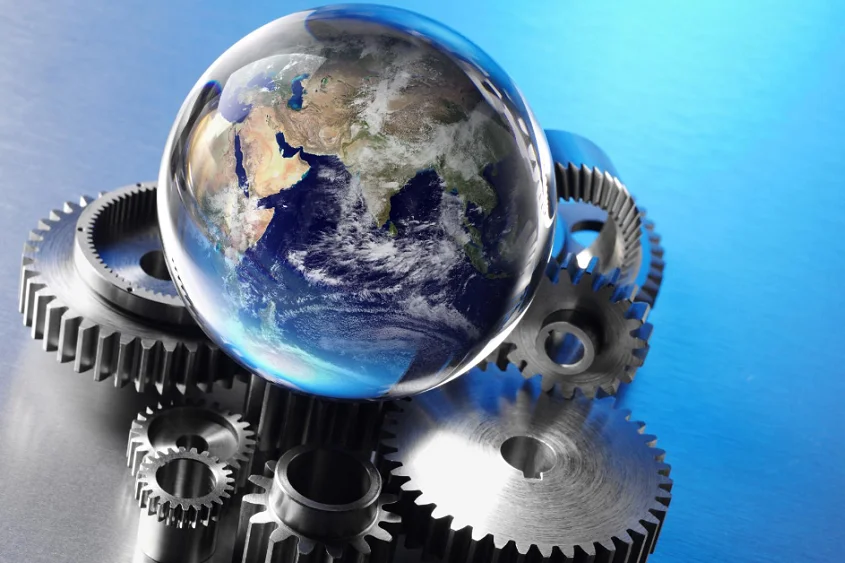
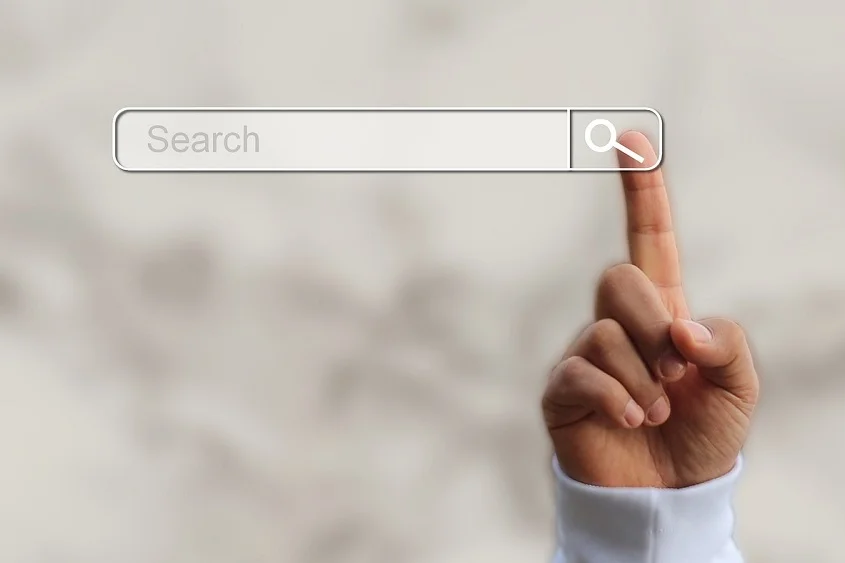
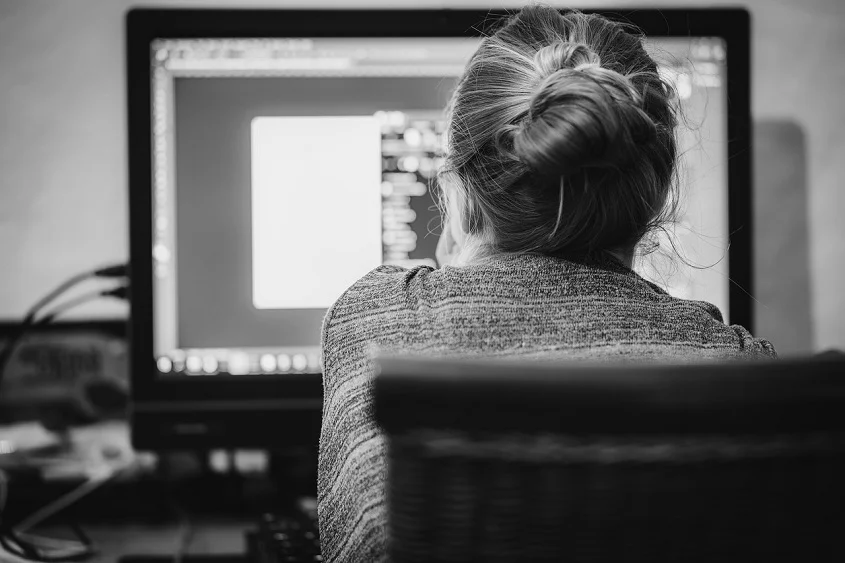


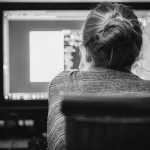

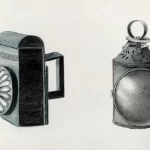
No comment yet, add your voice below!